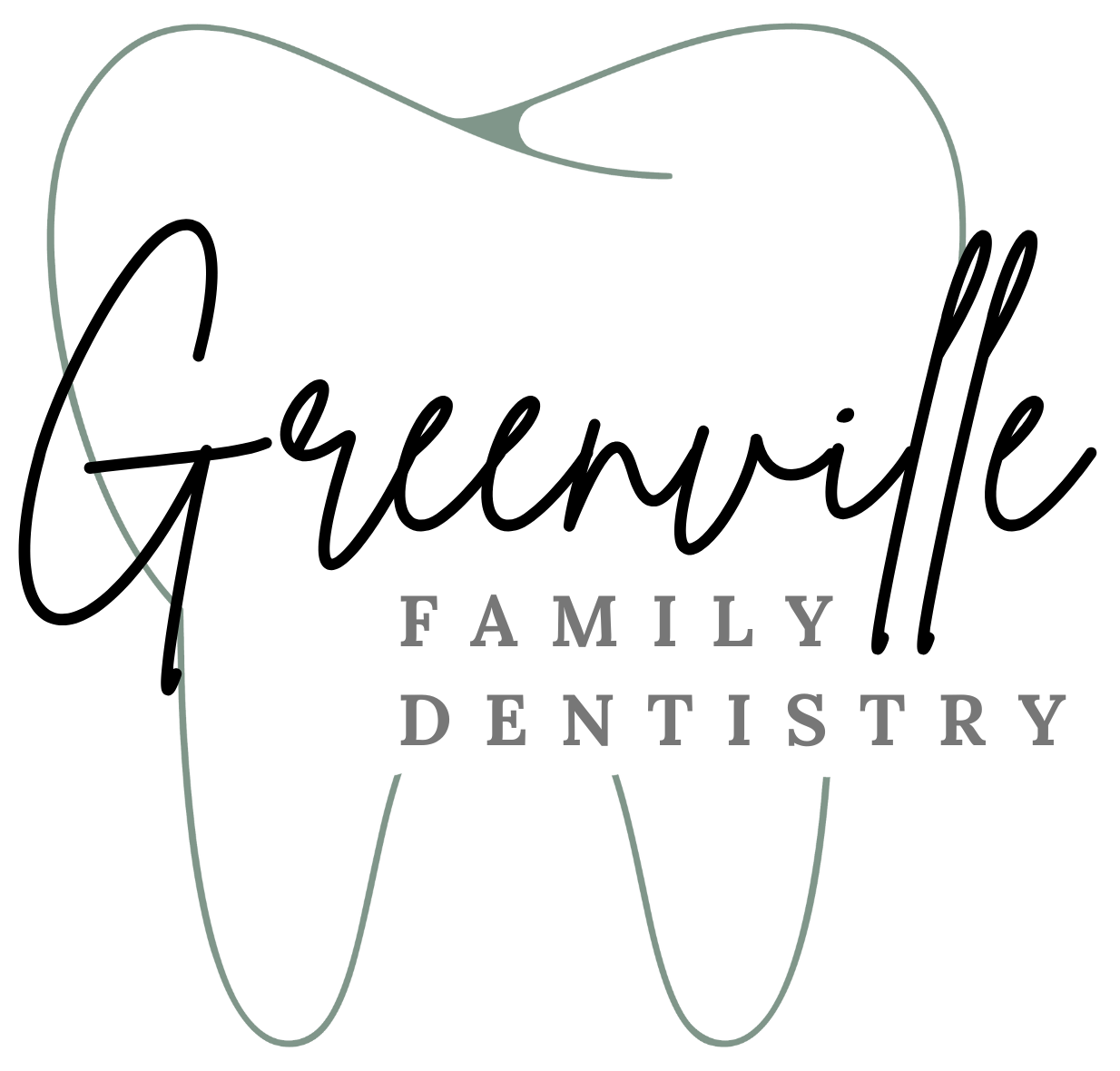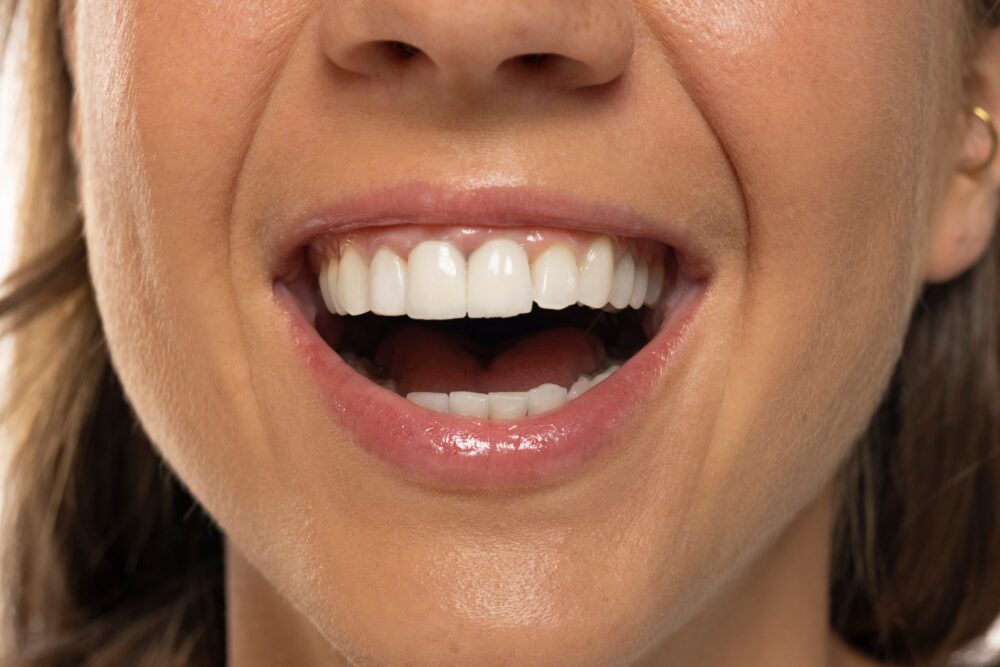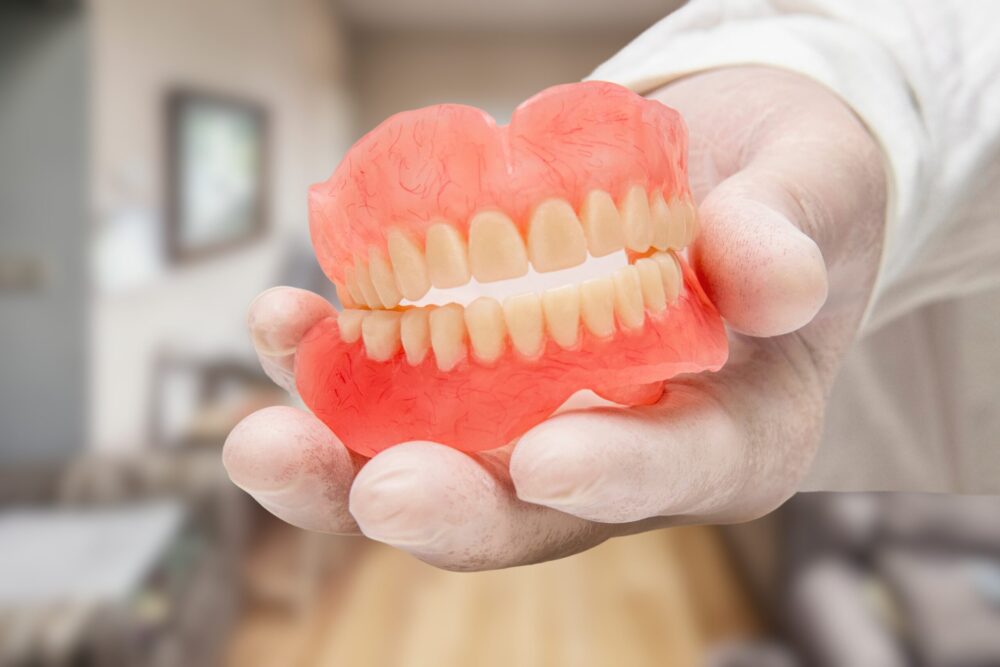If you are dealing with sensitive teeth lately, you can probably blame the winter season. When your tooth enamel is exposed to cold temperatures, it can expand or contract. As a result, it can expose dentine, which is the layer right underneath your enamel. This can lead to pain and tooth sensitivity.
Other Causes for Tooth Sensitivity
Cold temperatures are not the only reason for the sensitivity. It can often indicate an underlying oral health issue that needs attention. Here are a few other causes for this issue:
- Gum Disease – An infection in your gums can lead to gum recession. As a result, it exposes your tooth roots, leading to tooth sensitivity. Visit us for a checkup and we can check to see if your gums are healthy.
- Teeth Grinding – Because this time of year can be stressful for people, you may be grinding your teeth. This habit can definitely cause tooth sensitivity, so schedule an appointment to get a custom-fit bite guard.
- Tooth Infection – When bacteria leads to a cavity or tooth infection, it exposes your nerve endings which leads to tooth pain or sensitivity. During an appointment, we can restore your tooth and get you out of pain.
Other reasons for sensitive teeth also include brushing too hard, enjoying too many acidic foods or beverages, or using alcohol-based mouthwashes.
How to Alleviate Tooth Sensitivity
If your tooth pain persists, you certainly don’t want to ignore it. However, there are things you can do at home to find relief:
- Get a new soft bristle toothbrush.
If you are using the same old toothbrush you did last year, it’s time to replace it. As your old toothbrush gets worn down, the bristles become hard and scrape against your enamel when you brush. So, treat yourself to a new one.
- Switch your toothpaste.
If you use whitening toothpaste, you could be sensitive to the whitening agents added. Switch to a toothpaste meant for sensitive teeth. Make sure you choose one with the ADA seal of approval.
- Rinse your mouth with warm salt water.
Rinse your mouth with a mixture of salt and warm water. Saltwater creates an environment that reduces the bacteria in your mouth and can reduce plaque.
- Cut out acidic foods and beverages.
Tomato-based foods, citrus fruits, and red meats contain acids that wear down your enamel. Beverages like coffee, soda, and wine are acidic too. Cut down on how much of these you enjoy this time of year. If it’s hard to resist, swish your mouth with water after you eat or drink to reduce the impact.
- Use an alcohol-free fluoride mouth rinse.
The alcohol in your mouthwash can harm your teeth. So, ditch the alcohol-based mouthwash and choose an alcohol-free fluoride mouth rinse. The fluoride can strengthen your enamel and cut down on sensitivity.
If you continue to deal with this problem, you’ll want to schedule a checkup. We’ll examine your mouth to determine if it’s an underlying oral health issue and get your smile back on track.
Call Greenville Family Dentistry today at 618-668-2655 for an appointment. You can also request an appointment online.




